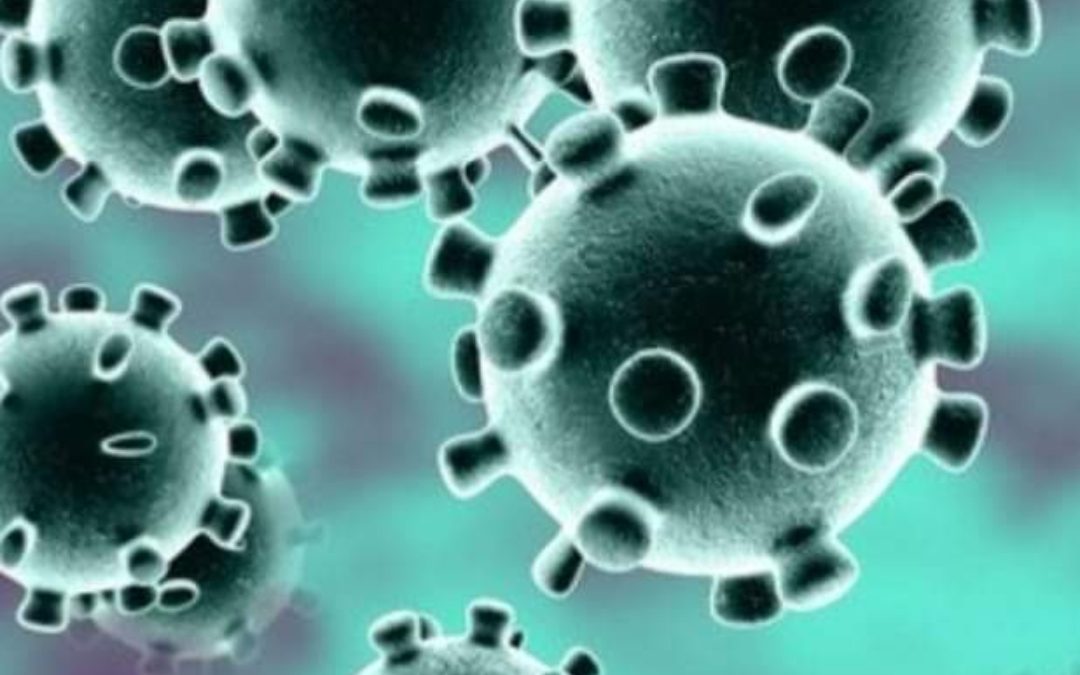It seems anyone and everyone is offering advice on Coronavirus, regardless of whether they are infectious disease specialists. As a PT and Nutritionist, I will attempt to stay in my lane here.
Obviously fear is high and knowledge is somewhat limited as it’s a new virus. Some of us – myself included – have medical conditions which mean we fall into the most vulnerable health groups should we get infected. Many more will have loved ones who fall into that category.
I believe you should follow the most up-to-date MEDICAL ADVICE from the Government and NHS about self care and regarding protection of those at higher vulnerability who you may come into contact with. And also follow the advice of any relevant medical professionals if you yourself are in a high-vulnerability category. If you feel the government advice falls short, then go further.
Above all, realise that as with EVERYTHING in life there are things you can control and things you can’t control.
Now, on to specifics:
Specifically relating to the GYM (and other public spaces):
Most of what we’re hearing is about the importance of good personal hygiene, particularly soap, proper handwashing technique, and the use of hand sanitisers etc in infection control.
I myself have always ensured that I wash my hands before leaving the house for the gym, before leaving the gym, and upon arriving home. And obviously as required while there. I’ve added in additional periodic hand sanitizing more than usual while there.
To protect yourself and others, and maintain good general hygiene, I would suggest/request that you wash your hands upon arrival at the gym, again before you leave, and again when you arrive home. Also I think we’ve all become aware quite how much we touch our faces and are trying to minimise that!
Please follow public health advice regarding best practice on coughs, sneezes, etc., on situations where self-isolation should be undertaken, and of course – if you are a client – please notify me if you believe there has been an exposure risk, or if you are at particular risk.
Now some points about general health, which are relevant here…
Having a strong IMMUNE SYSTEM is beneficial to your body’s capability to deal with this virus (should you become infected) and also to deal with the many other viruses and bacteria that we encounter.
A properly-functioning immune system is essential for optimal health. Nutrition and the gut are highly relevant here. There is a wealth of research confirming the importance of good nutrition for a strong and healthy immune system.
As a Nutritionist with a Diploma in Optimaĺ Health here are some GENERAL RECOMMENDATIONS that may help….
1. BODY COMPOSITION – An appropriate body weight and muscle mass
As you will be well aware, obesity is associated with a multitude of poorer health outcomes. Frailty is also associated with poorer health outcomes.
Movement and exercise are key to this, along with appropriate nutrition.
2. Evidence based, ways to support your immune system and your gut through NUTRITION:
The following are recommended:
• Eat a balanced diet made up mostly of real whole minimally processed food.
• Ditch or reduce processed foods and sugar.
• Increase consumption of fresh/frozen veg and fruit. Frozen is just as good as fresh and keeps for longer.
• Eat healthy fats eg nuts and seeds, natural oils like olive and avocado oils.
• Eat free whole grains & pulses rather than simpler and processed carbs.
• Consume sufficient protein. If you are omnivore then eat the highest quality organic fish, seafood, eggs, poultry and grass fed red meat that you can buy. If you use protein powder than buy the best quality organic protein powder you can afford. I personally use RawSport.
3. SUPPLEMENTS: Good quality healthy diet alone may likely not be enough, and personalised supplementation likely needed.
Some supplements to consider for general good health:
• Vitamin A
• Vitamin C
• Vitamin D ( especially in winter and especially for those with darker skin or who spend a lot of time indoors)
• Vitamin E
• Vitamin B12 and Folic Acid
• Magnesium
• Zinc
• Selenium
• EPA / DHA (Omega3)
• Glutathione
• Glutamine
• Probiotics
• Adaptogenic Herbs eg Ashwaganda, Rhodiola, Echinacea, Siberian Ginseng etc
Note: supplements should not be taken unless prescribed by a qualified professional only after a full health assessment and discussion of any relevant medical conditions and medication. This is important because certain supplements react with/reduce effectiveness of some medications.
4. Simple LIFESTYLE measures to consider:
• Reduce stress levels
• Physical activity – both general movement and exercise. Now is not the time to stop exercising! Movement, exercise, and an appropriate weight are all key to good health! In addition, walks in nature are positively associated with improved mental and physical health
• Optimal Sleep – 7-9 hours of good quality
• Limit alcohol intake
• Avoid smoking, passive smoking, exposure to toxic fumes
• Take appropriate medications where required
• Minimise screen time
• Practice gratitude and meditation
These simple ways will support your immune system so you are best equipped to deal with whatever challenges present. It is not medical advice – as stated above please follow the most up-to-date medical advice from the Government/NHS/specific medical professionals regarding this and any other medical situation, and take professional advice before taking dietary supplements.
Please contact me if you wish to have a consultation regarding your nutrition and/or supplementation requirements.
Finally, remember that life has ALWAYS been uncertain, this is just making us more aware of it. Control what you can, look after yourself and others, be kind and compassionate, keep as mentally and physically healthy as you can be, and learn positive lessons from this experience ❤?

